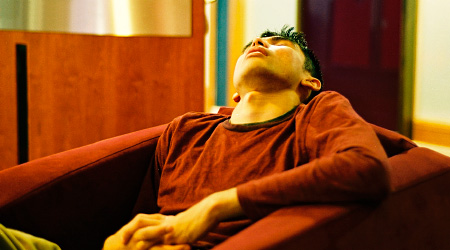Scientists Offer Tips To Reduce Jet Lag

Long-distance fliers have sworn by a number of different solutions to minimize the effects of jet lag. Recently, a group of researchers were interviewed the The Wall Street Journal to determine which techniques work best and which ones they personally use in their travels.
The body's internal clock is known to be susceptible when changing time zones. Traveling east is more difficult to adjust to than heading west. As many know, it's easier to stay up later if necessary than to go to bed early, especially if you're not tired. Older and younger travelers also experience jet lag symptoms more severely since their internal clocks are not as well established.
Tips to Minimize Jet Lag
- Take a melatonin supplement.
- Adjust your sleep pattern before a trip.
- Eat and sleep on a local schedule.
- Seek bright light at certain times
Helen Burgess, director of the biological rhythms research lab at Rush University Medical Center, was planning to go on a trip to Egypt and took steps to prepare herself for the eight hour time difference. "Dr. Burgess advanced her bedtime by one hour each night, and got up an hour earlier each morning. She took a low dose of melatonin in the early afternoon to help her reset her body clock. And she sought out bright light in the very early morning, avoiding wearing sunglasses to maximize her exposure, to wake up her body clock."
Given the wide variety of options it makes sense that some solutions may work better than others for individual travelers. Not everyone needs the same amount of sunlight or to take a melatonin supplement but as the researchers suggest it may significantly help in combating the effects of jet lag.







